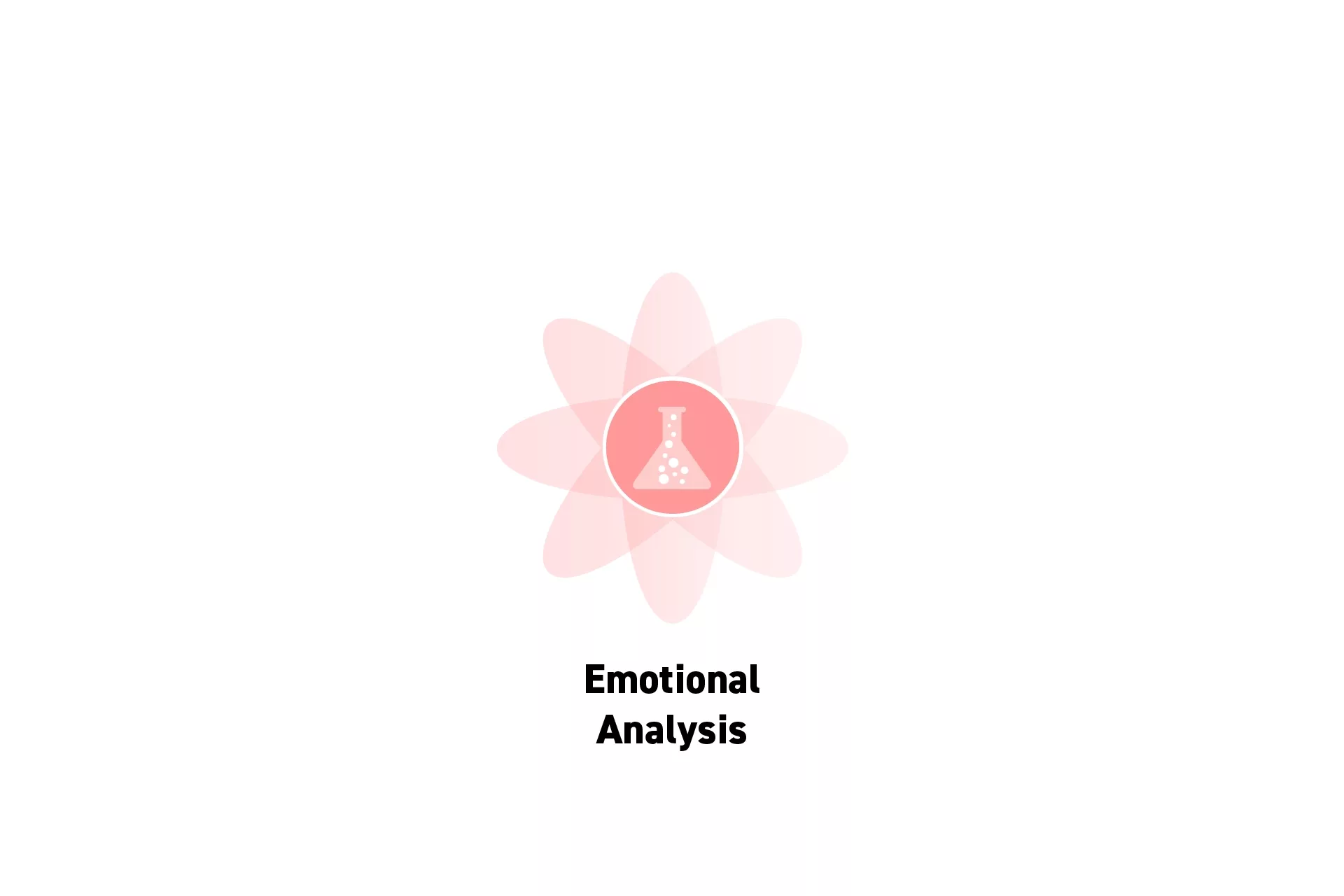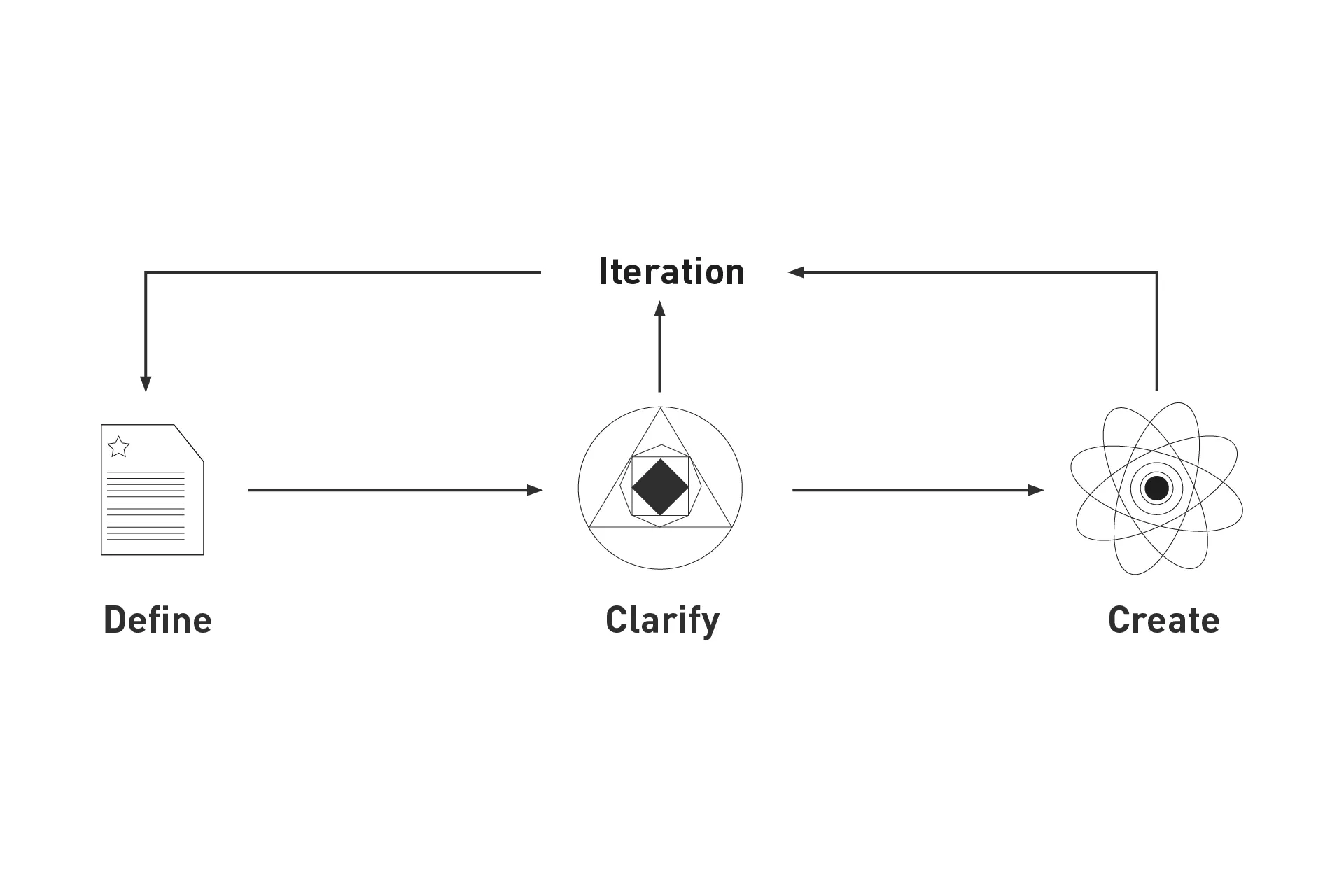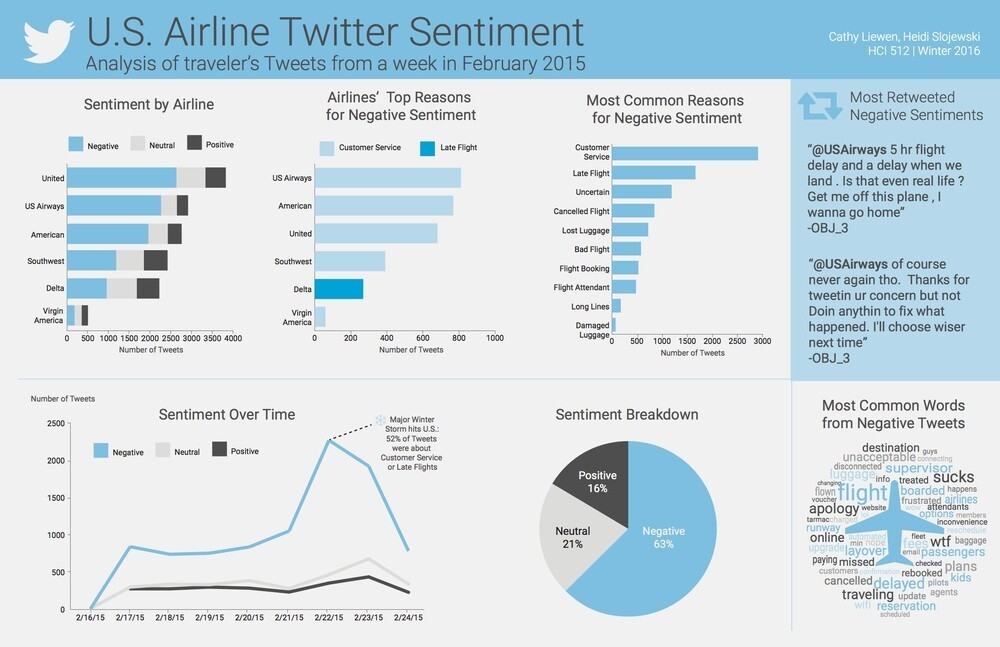How to carry out a Sentiment Analysis
A five step process on carrying out an emotional analysis.

A five step process on carrying out an emotional analysis.
SubscribeWhat is a Sentiment Analysis?Sentiment analysis, which are also known as emotional analysis, is a qualitative and quantitative research output that visualizes how a target audience feels about a product, service or experience.
Examples of Sentiment Analysis
Sentiment analysis can be shown through bar charts, line charts, pie charts or word clouds.
All of these are used in the example above. More examples of these can be found in the link below.
How to carry out a Sentiment Analysis
Step One: Write a Hypothesis
In order to carry out a sentiment analysis you must define the problem that you are trying to solve or the idea that you want to validate.
Please note that this hypothesis could relate to an existing feature, product, service or experience and could pertain to an entirely new creation or an addition to an existing creation.
Step Two: Define the target audience
Sentiment analyses are meant to visualize how your target audience feels about a product, service or experience service and the story that unravels around it.
In order to know who to analyze, you must define your target audience.
Step Three: Carry out the Research
Perform user research, desk research and carry out interviews and remember to record your findings in a consistent way that can be analyzed by a computer.
For more information about how to structure data for analysis, contact us using the link below.
Step Four: Create the Visualizations
Using the structured data proceed from the research in Step Three, create line charts, pie charts, bar charts or word clouds.
Step Five: Evaluate the Results
Use the results from the visualizations to learn more about your topic, territory or product service or experience.
You may wish to combine them with user personas, user journey maps, empathy maps, SWOT analysis or service blueprints to gain a holistic understanding of your product, service and experience and the target audience that surrounds it.
Additionally, we recommend that you consult our Methods for Synthesizing User Research article linked below to learn about design thinking products that could come out of the research that you have conducted.
These products are created using popular design research methodologies which are intended to help you and your organization innovate effectively.
Always remember, the work is never done

delasign's process
When carrying out a sentiment analysis, it is important to note that they are neither a start nor an end.
Sentiment analyses should serve as a means to learn more about your target audience, your product, service or experience (i.e. the creation), what works and what does not and should ultimately help refine the hypothesis or the creation as you progress.
It is more than likely that if you transform your target audience's life that the sentiment analysis will change.
This is the result you're looking for and will likely mean that you will have to redo the sentiment analysis to reflect new requirements when the time comes, with the vision of further enhancing the lives of your target audience.
Sentiment analyses are also capable of demonstrating that you should not pursue a feature or a product, service or experience - and that's OK.
Looking to learn more about Research and Strategy?
Search our blog to find educational content on research and strategy.
